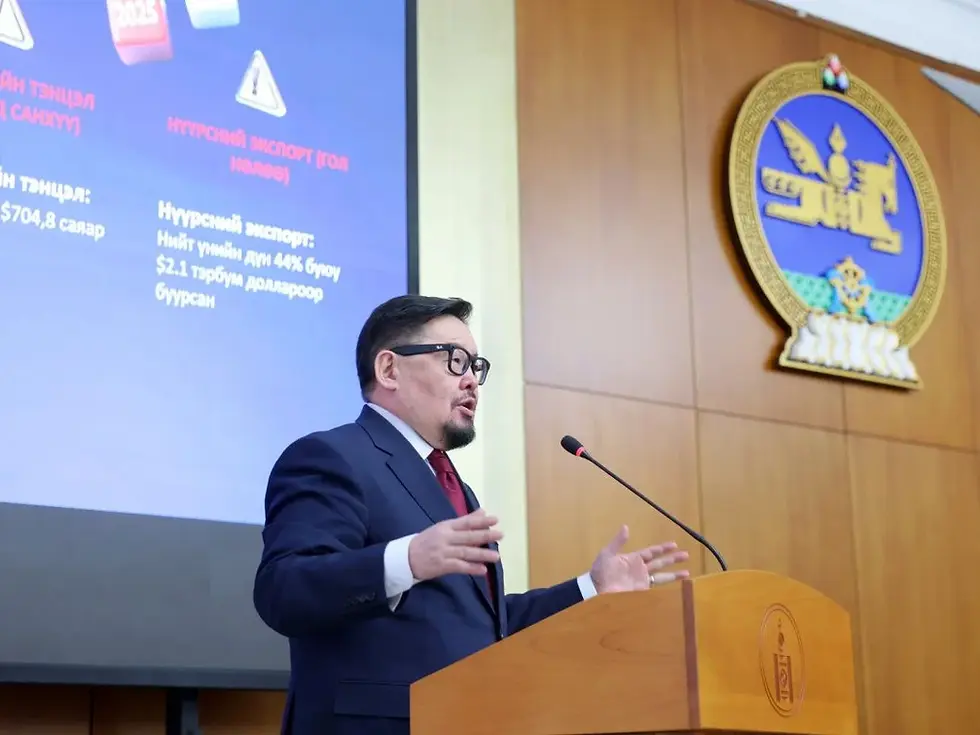Mongolia Election Law Revision Explained: How It Aims to Boost Representation and Transparency
- Mongolia Weekly

- Apr 27, 2023
- 2 min read
Mongolia is taking steps towards improving the country's election process by introducing a new election law that addresses long-standing issues of representation, transparency, and fairness.
The key provision of this law is a mixed system of elections, where 50 percent of members of parliament will be elected from proportional party lists, and the remaining 50 percent will be elected from constituencies.

This mixed system was previously used in 2012 but was abandoned in 2016. The deadline for the law's finalization is June 2023, ahead of the general election scheduled for June 2024.
The reintroduction of the mixed system aims to shift the parliament's focus from narrow interests of small constituencies to national policies.
The bill's sponsors hope this change will make the parliament more representative of different social groups and address the declining popularity of the parliament in recent years.
The new law also aims to increase representation of women in parliament by requiring that 50 percent of candidates in party lists should be women, up from the current quota of at least 20 percent. Mongolia's parliament currently has only 17 percent women parliamentarians, lagging behind the global average of 24 percent.
The law also seeks to improve transparency in election financing by requiring all political donations and sponsors to be made public.
This move aims to reduce the potential for conflicts of interest or undue influence, which have contributed to a high perception of corruption among citizens and low trust in political institutions.
To level the playing field for candidates and parties, there will be more limits on campaign spending and donations.
There is also talk of reimbursing candidates with election expenses from public funds depending on the votes. The government may also provide direct public funding to political parties and candidates based on performance in previous elections, representation in the legislature, or number of members or supporters.
While the move towards proportional representation has been generally welcomed, some critics fear losing party nominations, which could give party leaders more say in nominations.
Others worry that the party list could bring in unpopular and wealthy politicians. There is an argument that the party list would be unconstitutional since the election of MPs should be direct.
Mongolia's new election law aims to create a more representative, transparent, and fair political system, focusing on national policies and ensuring diverse representation.
The effectiveness of these efforts will depend on successful implementation and enforcement, as well as overcoming opposition from some quarters.
Amar Adiya is Mongolia Weekly's editor-in-chief and a commentator on politics and public policy.



Comments